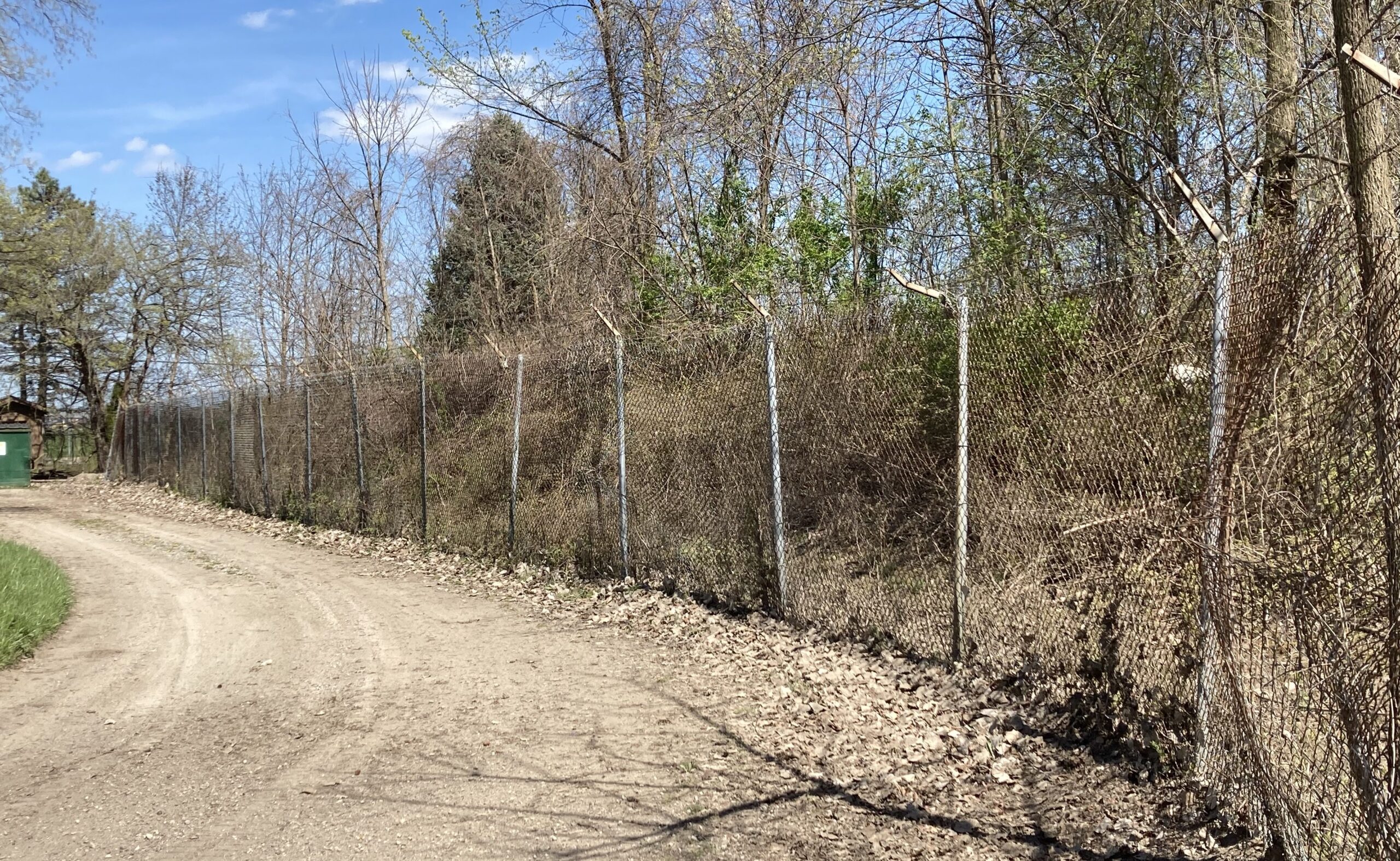- Securing Funding for Clinton River Dredging: A Step Towards Enhanced Waterway Management
- Government Collaboration Leads to Essential Facility Repairs
- Project Urgency and Environmental Significance
- Economic Impacts and Project Timeline
- Community and Economic Benefits Tied to Water Resources
- Funding and Advocacy for Local Investment
- Ongoing Environmental Efforts and Community Engagement
Securing Funding for Clinton River Dredging: A Step Towards Enhanced Waterway Management
Efforts to enhance Macomb County’s waterways and bolster its blue economy took a significant step forward with a celebration event on Monday. Community leaders gathered to announce the allocation of $500,000 towards the first stage of dredging the Clinton River. This pivotal funding event took place at a 30-acre underground storage facility near Old North River Road in Harrison Township, right next to the Mount Clemens Field Office of the Michigan Department of Natural Resources.
Government Collaboration Leads to Essential Facility Repairs
U.S. Representative John James, in collaboration with local and state officials including Macomb County Public Works Commissioner Candice Miller, spearheaded the initiative to secure funding. This funding is earmarked for refurbishing the Confined Disposal Facility (CDF), a critical component in the management of dredged materials from nearby waterways. This facility is one of 45 in the Great Lakes area and is essential for storing dredged sediments.
Project Urgency and Environmental Significance
The necessity of the project is highlighted by environmental and navigational challenges. Declining water levels, emerging sandbars, and increased seaweed growth have made it difficult for boats to access Lake St. Clair from the Clinton River. Candice Miller emphasized the urgency of addressing these issues, noting that the CDF must be repaired before any dredging can begin. The project not only addresses immediate navigational issues but also plays a crucial role in environmental conservation.
Economic Impacts and Project Timeline
Don Brown, the County board Chair, outlined the economic stakes involved, describing the project as a preventive measure against potential economic disasters due to restricted river access. While the repairs to the CDF are set to commence in the fall, the actual dredging is likely to be postponed to the following year. This delay underscores the complexity and scale of the necessary preparatory work, including vegetation clearance and access road restoration within the CDF.
Community and Economic Benefits Tied to Water Resources
The Clinton River and Lake St. Clair are not just recreational hotspots but also vital economic resources. Steve Remias, a local economic advocate, highlighted that these waterways support over 18,000 jobs and attract millions of visitors annually. The upcoming project underscores the community’s dependency on these water resources for economic and recreational activities.
Funding and Advocacy for Local Investment
The project funding was secured through the Energy and Water Development and Related Agencies appropriations bill, actively supported by Rep. John James. James framed this funding as a return on the local community’s investment in federal taxes, advocating for the redirection of resources to support local needs and infrastructure improvements.
Ongoing Environmental Efforts and Community Engagement
Jennifer Hill, from the Clinton River Watershed Council, praised the improvements in the river’s ecological health over the past decades. However, she acknowledged the ongoing challenges in enhancing the river’s condition, which remains a focal point for local environmental efforts. The community’s engagement and continued governmental support are crucial for sustaining the momentum in environmental recovery and economic development.
This project not only represents a critical step in maintaining the navigational viability of the Clinton River but also reinforces the intertwined nature of environmental stewardship and economic development in Macomb County.
